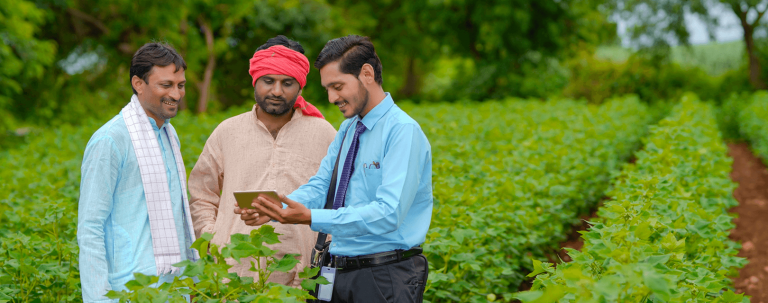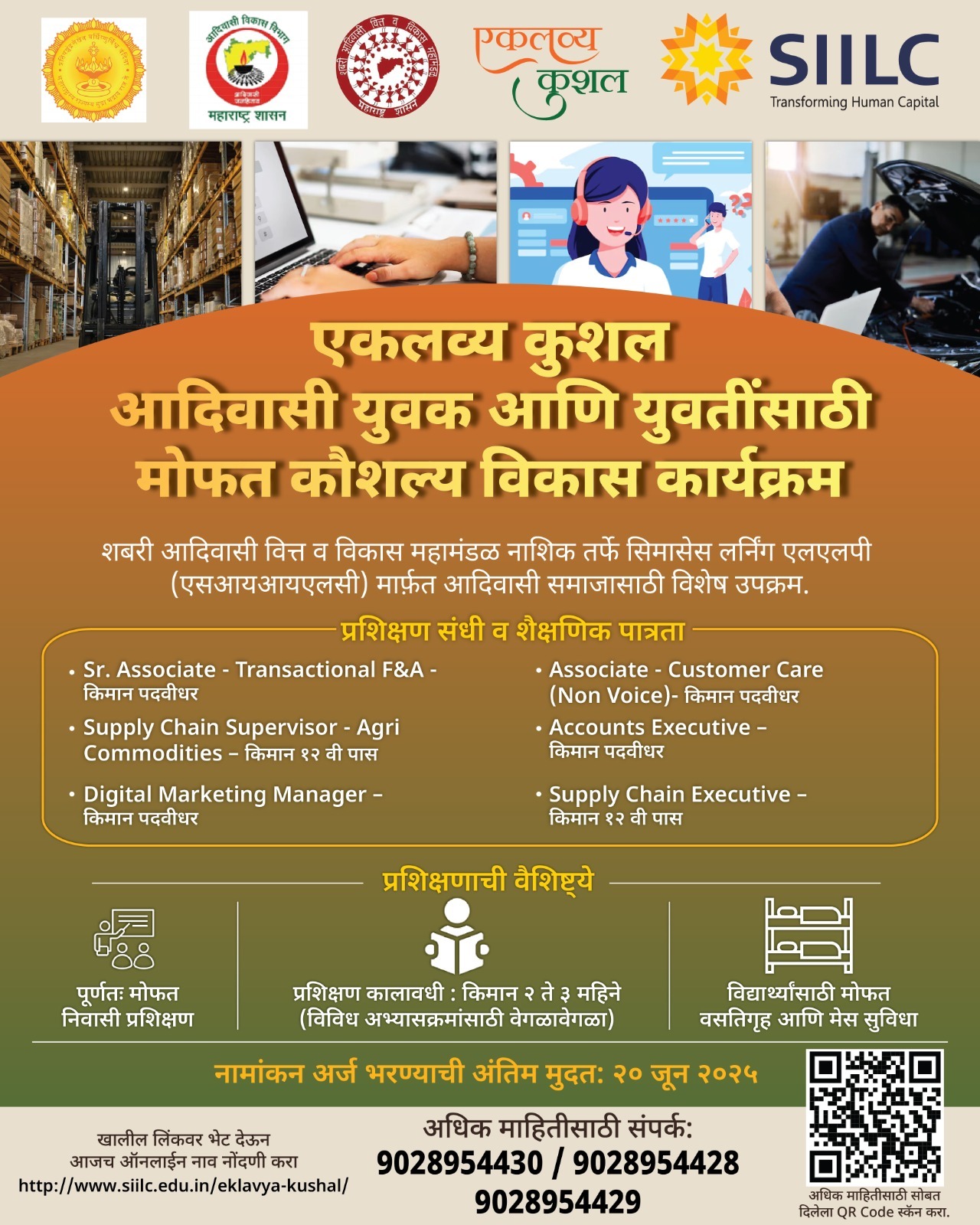The Business of Organic Food: How to Build a Successful Organic Brand
As health consciousness rises and environmental concerns become mainstream, the organic food business has grown from niche to necessity.
The original niche market that catered to only a select few is now the active choice of most online shoppers. Consumers are more informed, selective, and driven by values like wellness and sustainability. Especially with the advent of quick commerce platforms, reaching these types of customers is now even easier. This makes it a great time for aspiring entrepreneurs to build an organic brand that meets modern demands.
So, whether you are passionate about organic farming entrepreneurship or exploring a sustainable food business, this guide covers how to create a brand that stands out and succeeds.
Introduction to the Organic Food Industry
The organic food industry has seen explosive growth over the past decade, especially after the COVID pandemic. Global sales crossed $120 billion in 2023, and that trend is only rising. Why? A massive shift in consumer behaviour.
More people are turning to food as medicine, demanding transparency, and supporting companies aligned with environmental ethics. This demand is reshaping agriculture and retail. To understand it better, the driving forces behind it include:
- One of the major reasons is that health and wellness are becoming a top priority for customers.
- Growing awareness of harmful additives and chemicals due to overpressure on the food industry.
- An increasing shift toward sustainable food business practices in the country
- Trust in third-party organic certification for quality assurance
In short, organic food marketing is not just about selling products—it is about offering health, wellness and long life.
Steps to Building a Successful Organic Food Brand: The Secret No Business Owner Tells You About!
Step 1: Understanding Organic Certification & Compliance
Organic certification is one of the most important stepping stones that builds trust and proves your commitment to quality while starting a business. Without it, you cannot legally label your products as organic in most markets.
Here is a look at why it matters:
- Ensures your processes meet national and international organic standards
- Legally protects your brand
- Builds credibility with consumers and retailers
Types of certification:
- USDA Organic (USA)
- EU Organic (European Union)
- FSSAI + NPOP Organic (India)
Steps to get certified:
- Choose a certifying body
- Prepare documentation and production records
- Undergo inspections and audits
- Pay certification fees (typically ₹20,000–₹80,000 annually in India)
Maintaining compliance means regular audits, record keeping, and adhering strictly to allowed substances and processes is very important and must be followed when planning to build an organic food business.
Step 2: Identifying Your Niche in the Organic Food Market
Finding your niche is key to building a focused, recognisable brand.
Options include:
- Organic fruits and vegetables
- Packaged organic snacks
- Organic dairy or grains
- Plant-based or vegan organic products
Also consider:
- Local vs export markets – Do you want to serve domestic consumers or cater to overseas buyers with premium pricing?
- Dietary trends – Aligning with keto, gluten-free, or vegan lifestyles can open up new customer segments.
Step 3: Sourcing and Producing High-quality Organic Products
Quality starts at the source. Partner only with certified organic farmers who follow approved growing practices. This will ensure that the product you are selling is worth all the claims and the business runs with transparency.
Key considerations:
- Sustainable and ethical sourcing
- Transparent supply chains
- Consistent quality control through batch testing and traceability
Your sourcing strategy should reflect your brand values. Consumers today reward transparency.
Step 4: Building a Strong Brand Identity
Your organic food brand must communicate value and purpose at a glance.
Steps to build a standout identity:
- Define your unique value proposition: What makes your product better or different than what is available in the market?
- Design eco-friendly packaging using biodegradable or recyclable materials. Awareness about sustainability is very high, and implementing that in your business makes a difference to the customer.
- Choose a memorable brand name and logo that stands out.
- Craft a compelling brand story—why you started, what you believe in, and how your food makes a difference. This will help attract the right customers to your brand.
Authenticity sells. So does design. Combine both for impact and make the effort to be present where your customers are.
Step 5: Marketing and Selling Your Organic Food Brand
Online Marketing Strategies
Your digital presence drives awareness and sales and makes a huge difference in reaching out to a wider audience. To make sure you have your digital strategies on point, it is important to have set a few things in order.
- SEO: Use keywords like “organic food business” and “build an organic brand” in your website, blogs, and product pages
- Social Media: Share behind-the-scenes content, recipes, and customer stories
- Influencer Partnerships: Collaborate with food bloggers and fitness influencers
- Content Marketing: Publish educational blogs (like this one) to build authority
- Email Marketing: Share updates, discounts, and useful content to build loyalty
Offline Sales Channels
- Partner with organic food stores, supermarkets, and health cafes
- Sell at farmers’ markets and local food expos
- Build B2B relationships with restaurants or hotels sourcing organic ingredients
Challenges in the Organic Food Business
Like any venture, this space has hurdles, and most hurdles need to be identified and worked on to make sure you are well prepared.
- Higher production costs due to natural farming inputs.
- Consumer education—many still don’t understand what “organic” really means.
- Distribution logistics, especially cold-chain storage and transport
Success depends on managing costs, building brand trust, and staying adaptable.
The Future of the Organic Food Industry
Now that you have understood how to start and run an organic food business, it is important to future-proof your business by keeping your actions in alignment with the future.
- Clean-label products will dominate, with minimal processing and full transparency in the future. This applies to not just organs but most other food businesses.
- Tech in farming: Drones, AI, and IoT are making organic farming more efficient, along with precision farming, automation tools and analytical tools.
- Government support is growing—India’s PGS and NPOP schemes, subsidies, and export incentives help small producers while making market more accessible for them.
It is important to realise that the future favours those who combine ethics, innovation, and storytelling. As the country looks toward becoming more sustainable, it presents an opportunity to become a market leader in upcoming fields.
Conclusion: Is the Organic Food Business Right for You?
Before analysing what is right or wrong for you, it is important to figure out what you are passionate about and will truly care about in the future. Success when passion meets opportunity. If you are passionate about health, sustainability, and innovation, this industry offers a real opportunity.
Before diving in:
- Understand certification and compliance
- Choose your niche carefully: Be it farm produce, subproducts, health and wellness products or something else.
- Build a brand with purpose and personality
- Invest in both digital and physical marketing
A competitive market is not a bad thing—it means there’s demand. What sets you apart is how well you connect with your customers and stay true to your mission.
FAQs
- What are the key steps to start an organic food business?
Research the market, get certified, find your niche, source high-quality products, build a brand, and market effectively. - How do I get organic certification for my food brand?
Apply through a recognised certifying agency, prepare records, pass inspections, and pay the certification fee. - What is the best way to market organic food products?
Use SEO, social media, and content marketing, and participate in both online and offline events. - Is the organic food industry profitable?
Yes, with the right strategy. Premium pricing, strong branding, and loyal customers can yield high margins.





